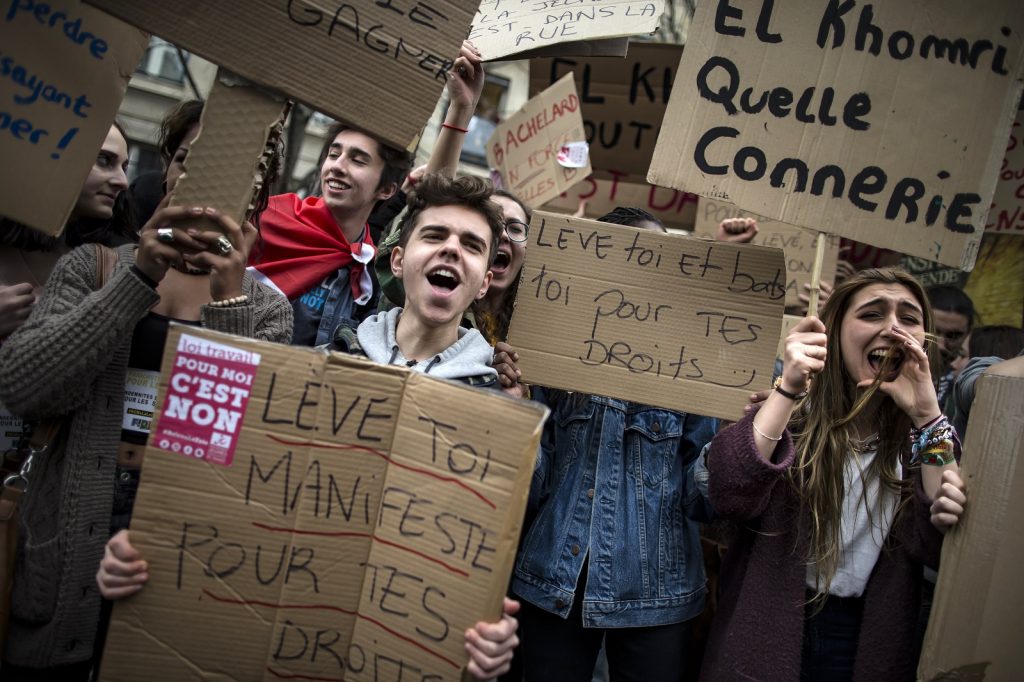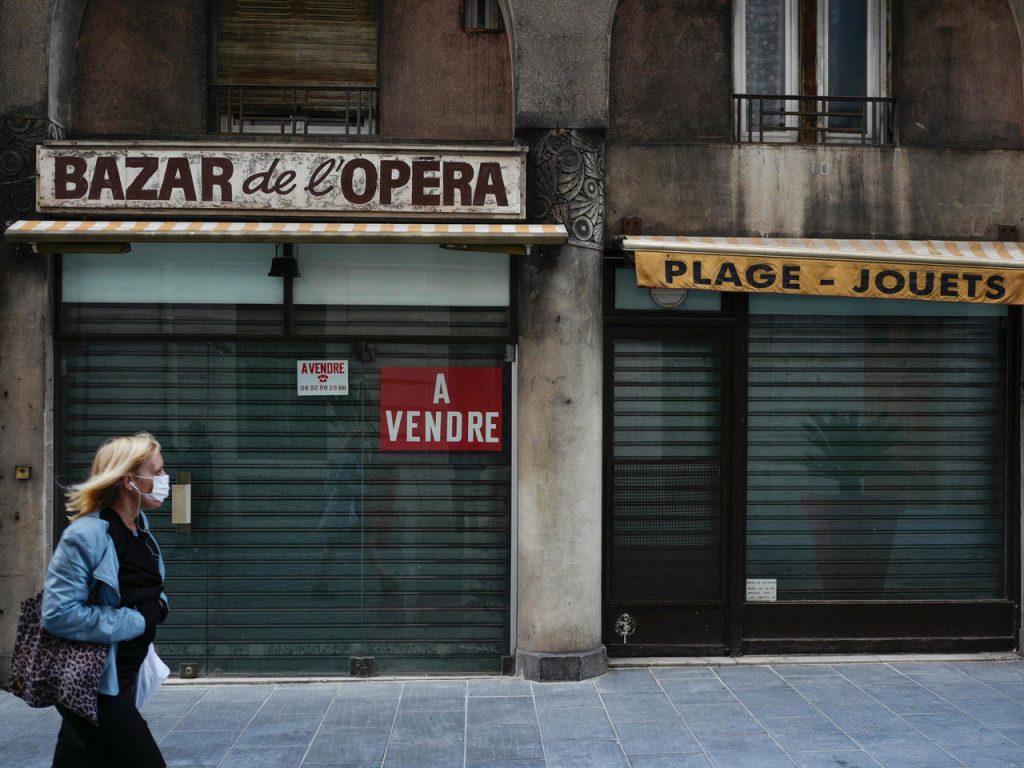Unemployment reaching sky-high figures, as Covid-19 has no mercy
France was always one of the leading European economies in the 21st century. The country has a greatest value is in its exports of goods and services, showing significant rises in the past decade in manufacturing operations, food & beverage, machinery and equipment as well as chemicals. Unfortunately, the nation is facing a major challenge of recession due to the consequences of the Corona pandemic. The whole production capability of the country slowed down as a result of the decreased global demand. Furthermore, the manufacturing, constructions, and other industries in the country have temporarily shut down their industrial operations.

After a first country-wide lockdown in the spring of last year, France entered yet another closure this autumn due to the pandemic. Unfortunately, such restrictions had ground the entire economy to halt and led GDP to decrease by 5.9%. France has closed bars, cancelled trade fairs and imposed more rules on restaurants. The hospitality industry – already bruised by the lockdown earlier this year – is now facing new hurdles as they once again have to close doors to the public, with warnings that up to 15 percent of businesses in the sector could disappear by the end of 2020.
President Emmanuel Macron stated, “There is no such thing as a prosperous economy in a poor health situation, with a virus actively circulating. I am telling you very clearly, no health care system can hold up if there is no strong economy to fund it. The economy must neither stop nor collapse. I therefore invite you, to the extent of each person’s possibilities, to participate in this effort by working, by supporting companies which, near you, have innovated through remote orders, take out, or home delivery.”

Key companies operating in France whose business operations are significantly affected due to COVID-19 include AXA Group, Air France-KLM Group, Auchan Retail, Christian Dior SE, ENGIE Group, Total SA, Saint-Gobain S. A., Schneider Electric SE, Sanofi SA. The European Commission announced the approval of the France’s plan to guarantee up to $350 billion in state aid to ease the economic burden due to the COVID-19 outbreak. Therefore, this investment for the support of the country’s economy further provide the companies to overcome the economic effect of coronavirus. The nation’s challenge will be finding solutions that work not only for big firms but the more than 580,000 smaller businesses that have received loans.

Job losses are unfortunately accelerating. More than 35,000 lay-offs have been announced since the start of September, according to Trendeo, a Paris-based consultancy, while government figures show that average weekly lay-offs are some 80 per cent higher since September than from March to the end of August.
The crisis has thrown France into a serious period of unemployment. Short-work and partial unemployment have allowed the country to stay afloat, but the numbers remain alarmingly high and new solutions need to be found. The government also expects unemployment to jump even further next year, as the jobless rate reached 9.7% this year, drifting away from French President Emmanuel Macron’s target of a 7% unemployment rate in 2022. It compares with an 8.1% unemployment rate in 2019. INSEE said that marked the single biggest quarterly increase on record going back to 1975, but it was largely because the rate had been skewed in the previous two quarters because people were not able to look for work due to a mid-March to mid-May coronavirus lockdown. The International Labor Organization doesn’t define being unemployed as “not working” but being available to work and actively seeking for a job – which was virtually impossible in many industries during lockdown.
There are certain measures France introduced to fight the growing unemployment. Long before the pandemic Macron undertook significant labor reforms which became known as the Macron Laws. The main advantage of these laws is the increase in flexibility and the quicker reaction time when it comes to tackling different kinds of challenges within companies and their employment. During the pandemic the laws increased, including giving their workers one week of annual leave during the crisis, encouraging labor lending as a way to avoid contract termination and strengthening social democracy.